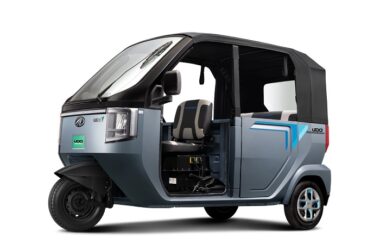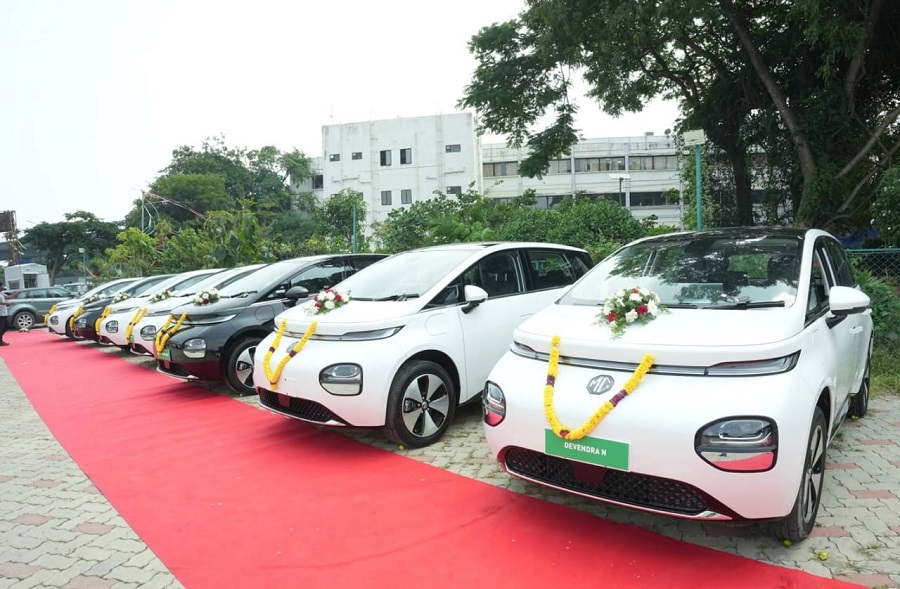India is taking significant strides in addressing the challenges surrounding the widespread adoption of Electric Vehicles (EVs), with a suite of government initiatives aimed at reducing costs, enhancing infrastructure, and easing consumer concerns.
The high upfront cost of electric vehicles, primarily driven by expensive batteries, has long been a barrier to widespread adoption. Additionally, range anxiety—the fear that EVs may not have sufficient charge to complete long journeys—has been another obstacle. However, the government has rolled out several policies to mitigate these challenges and pave the way for a greener, more sustainable future.
Among the key measures is the Faster Adoption and Manufacturing of (Hybrid &) Electric Vehicles in India (FAME India) Scheme Phase-II, which incentivizes electric two-wheelers, three-wheelers, four-wheelers, buses, and charging stations. This ₹11,500 crore initiative, launched in 2019, seeks to reduce EV prices while encouraging infrastructure development.
In parallel, the Production Linked Incentive (PLI) Scheme for Automobile and Auto Component Industry and the PLI Scheme for Advanced Chemistry Cell (ACC) Battery Storage are designed to boost domestic manufacturing of electric vehicles and batteries. With a combined budget of ₹44,038 crore, these initiatives aim to foster a competitive, self-sustaining EV ecosystem.
To further support the sector, the PM Electric Drive Revolution in Innovative Vehicle Enhancement (PM E-DRIVE) Scheme, announced in September 2024 with a budget of ₹10,900 crore, seeks to provide financial backing for the development of e-vehicles across various categories, from e-2Ws to e-buses.
A key new addition is the PM e-Bus Sewa-Payment Security Mechanism (PSM) Scheme, introduced to help deploy over 38,000 electric buses across the country. This ₹3,435 crore initiative ensures payment security to e-bus operators in case of defaults by public transport authorities.
On the production front, the Scheme for Promotion of Manufacturing of Electric Passenger Cars in India (SPMEPCI), launched in March 2024, encourages investments of at least ₹4,150 crore for setting up manufacturing capabilities, with a clear roadmap for achieving a 50% Domestic Value Addition (DVA) by the fifth year.
Moreover, the Ministry of Power has revised guidelines for EV charging infrastructure, creating a unified and interoperable network. The Ministry of Finance has also slashed the Goods and Services Tax (GST) on EVs from 12% to 5%, further making them more affordable.
In addition to these, the Ministry of Road Transport & Highways (MoRTH) has implemented policies such as green license plates for battery-operated vehicles and road tax exemptions, while the Ministry of Housing and Urban Affairs now mandates EV charging stations in new buildings.
These concerted efforts by various government departments reflect India’s commitment to transitioning towards a more sustainable, electric future, overcoming both economic and logistical hurdles to accelerate the adoption of EVs nationwide.








